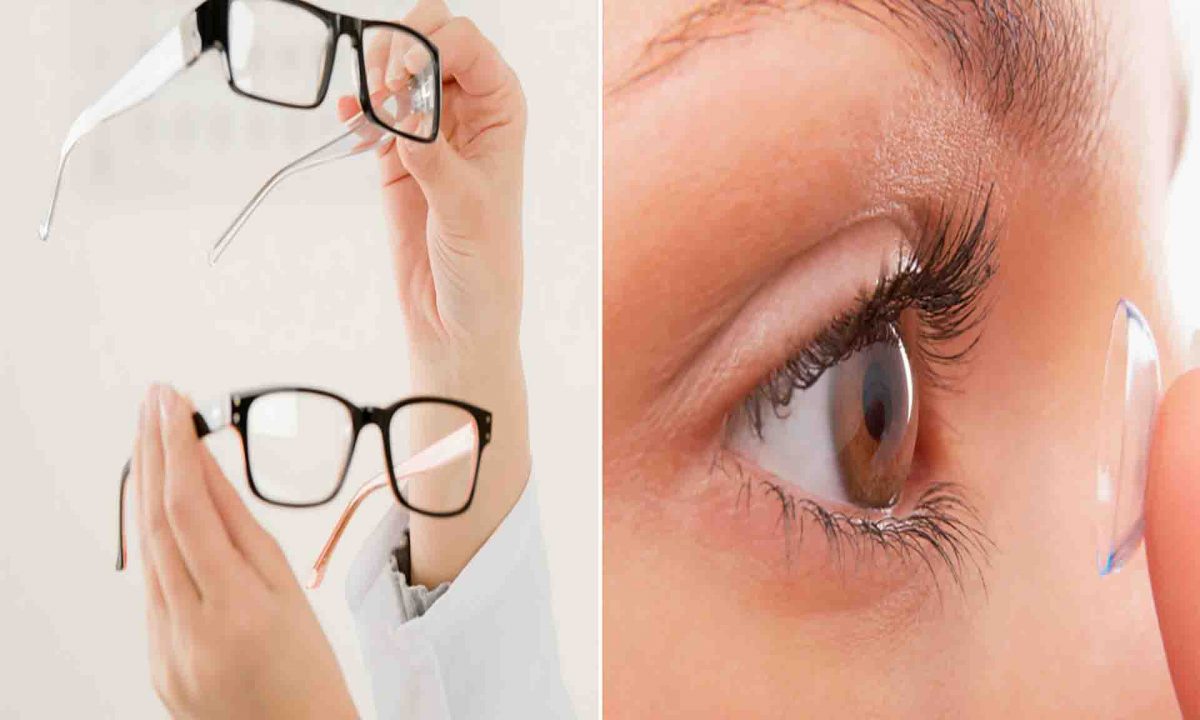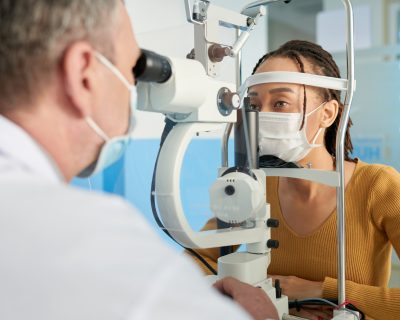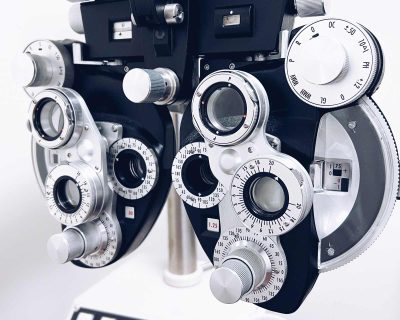
Should You Choose Glasses or Contact Lenses?
Glasses and contact lenses are devices for vision correction. None of these devices is necessarily better than the other; they have their pros and cons. But they are highly effective for correcting long-sightedness, short-sightedness, and astigmatisms.
However, choosing between glasses and contact lenses depends on individuals and other factors to be discussed later in this article. In the meantime, the pros and cons of both devices shall be discussed.
Pros of Glasses:
- Glasses require very little cleaning and maintenance.
- You do not need to touch your eyes to wear glasses.
- Reduction in the risk of having eye infections or irritation.
- Glasses are way cheaper than contact lenses in the long run.
- Photochromic lenses (glasses) adjust the amount of light entering the eyes.
- Glasses are highly aesthetic and are a great way to make a fashion statement about your style and personality.
- Glasses are most suitable for sensitive or dry eyes without exacerbating the problem.
- Glasses protect eyes from dust, debris, and wind.
Cons of Glasses:
- Sitting about 12mm from the eyes, glasses obstruct or distort peripheral vision.
- There is a likelihood of having difficulty focusing on objects or blurry vision for new users or when there is a change in prescriptions.
- Persons with a strong prescription usually complain of thick and unappealing edges of their lenses and unnaturally magnified or minified eyes.
- Glasses are affected by the elements resulting in obstructed or blurred vision.
- Some frames are uncomfortable especially with the pressure on the nose and behind the ears.
Related Article: Vision Correction and Embracing Quality Eye Glasses
Pros of Contact Lenses:
- Contact lenses sit directly on the eyes and conform to your eyes’ curvature providing a wider view and causing; so, the peripheral vision is not obstructed.
- Users of contact lenses can take part in outdoor activities, exercises, and sports without any encumbrance or fear of glasses falling off and breaking.
- Weather conditions (like cold weather) do not affect contacts.
- Contacts make changing the eyes color possible with color contact lenses.
- Certain contact lenses reshape the eye cornea. For instance, overnight orthokeratology (ortho-k) offers a temporary correction to myopia when worn overnight.
Cons of Contact Lenses:
- Applying contact lenses requires a proper technique and practice.
- Contacts cause an increase in the severity of dry eye syndrome due to a reduction in oxygen reaching the eyes.
- Contacts require proper care and cleaning daily to prevent serious eye infections.
Should You Choose Glasses or Contact Lenses?
Choosing glasses or contact lenses is a matter of personal preference and other factors such as:
- Lifestyle: If you engage in physical activities, contact lenses would be most suitable for you.
- Comfort and Convenience: Your lifestyle determines what would be comfortable and convenient for you.
- Budget: Contact lenses are more expensive than glasses. However, your budget is an important factor to consider, although glasses are more economical on a long-term basis.
- Aesthetics: Your preference depends on the fashion statement you wish to make.
Finally, you should bear in mind that none of the two devices is necessarily better than the other, but your preference determines your choice.




